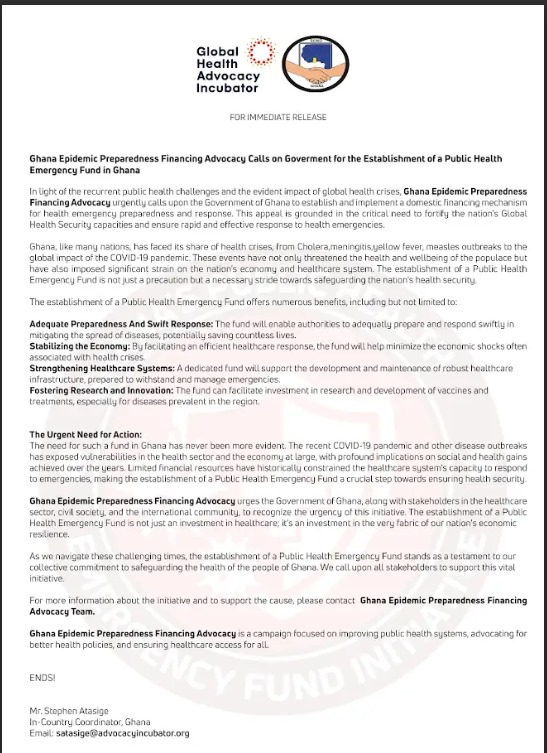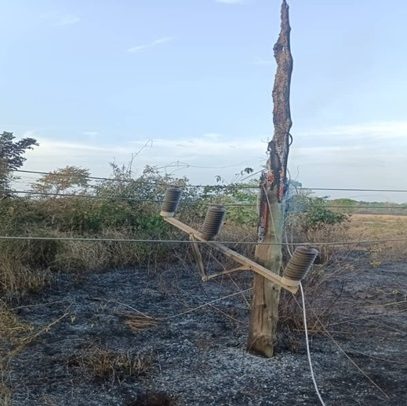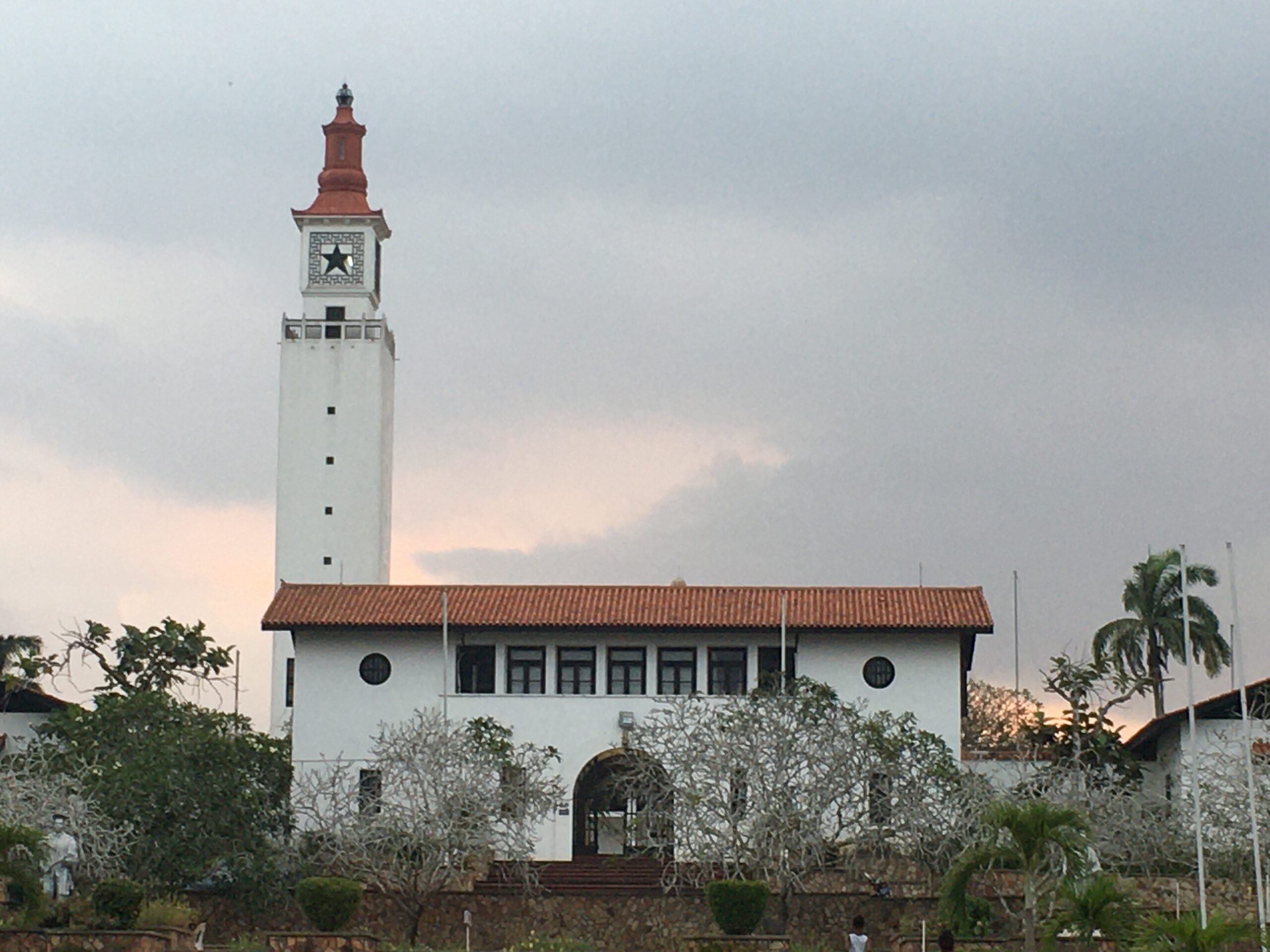
Delegates at the World Health Organisation (WHO) Assembly have requested for the development of a five-year global strategic blueprint for public health preparedness and response to epidemic outbreaks.
The document is expected to be submitted to the WHO Assembly in 2018. The strategic plan is supposed to be based on guiding principles including; consultation, country ownership, WHO leadership, broad partnerships, community involvement, regional integration, as well as results and accountability.
It is primarily to focus on using an inter-sectoral approach; integration with the health system; focus on fragile contexts; domestic financing for sustainability; balance between legally binding and voluntary elements; with a guiding principle on monitoring.
They also appealed to the Director-General to pursue and strengthen efforts to support the Member States in full implementation of the Regulations, including through building their core public health capacities.
On Sepsis, the delegates agreed on a resolution to improve the prevention, diagnosis and treatment of the disease.
Sepsis occurs when a person has an infection and the body’s reaction injures tissues and organs. Sepsis can be triggered by infections caused by bacteria, viruses, fungi, and parasites. Bacterial infections are the most common triggers.
It said early recognition of sepsis is crucial to treating patients before their conditions worsen. Antimicrobial resistance makes it much more difficult to treat infections and stop them from evolving into sepsis. Antimicrobial resistance occurs when bacteria and other microbes change to resist the effects of antibiotics and other antimicrobial medicine.
Most infections can be avoided by improving hygiene, access to vaccinations and other infection prevention measures.
The resolution urges governments to strengthen policies and processes related to sepsis, especially to prevent infections and the further spread of antimicrobial resistance. It emphasises the importance of reinforcing health worker training to recognise and deal effectively with the condition, improve tracking and reporting of cases, and promote research to develop more tools for sepsis diagnosis and treatment.
In addition, the resolution directs the organisation to help countries develop the necessary infrastructure, laboratory capacity, strategies and tools to reduce the burden of sepsis.
It also asked WHO to work with partners to help developing countries gain access to quality, safe, efficacious and affordable sepsis treatments and tools for infection prevention and control, including immunisation.
–
Source: GNA
Delegates at the World Health Organisation (WHO) Assembly have requested for the development of a five-year global strategic blueprint for public health preparedness and response to epidemic outbreaks. The document is expected to be submitted to the WHO Assembly in 2018. The strategic plan is supposed to be based on guiding principles including; consultation, country ... Read Full Story




















Facebook
Twitter
Pinterest
Instagram
Google+
YouTube
LinkedIn
RSS